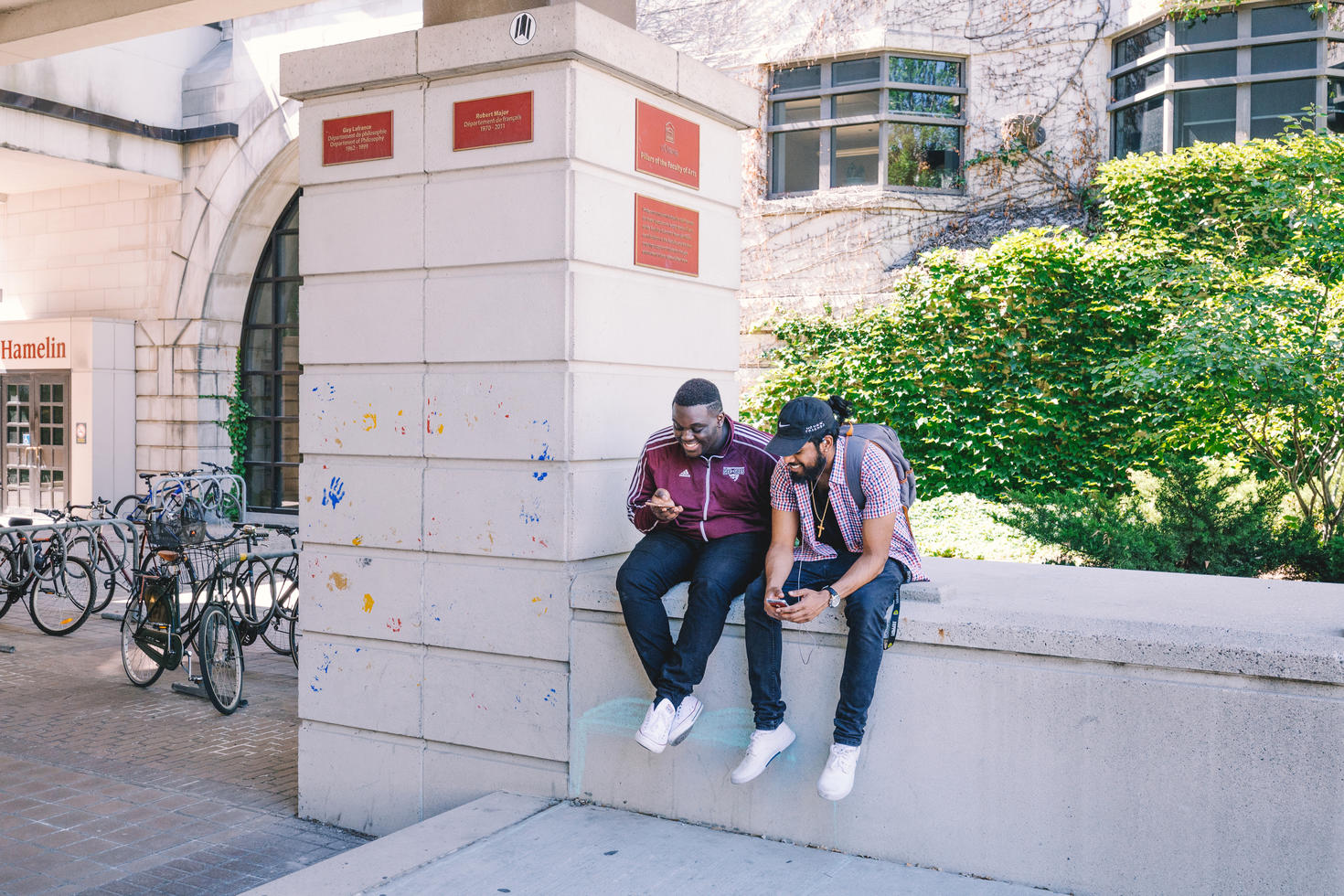Welcome to the University of Ottawa’s School of Translation and Interpretation, the STI.
Translation is one of the most creative and lucrative ways for people who love working with languages to enjoy earning their living. And in Canada, translation is a constant. The job options are countless: in federal and many provincial governments, in law offices and courts, in NGOs and many other agencies, in film and media, in advertising, journalism, academia, and, of course, in literature.
Since the University of Ottawa is a bilingual institution, classes and exams (and many administrative activities) take place in both languages, and there is a constant interplay between Canada’s two official languages. The proximity of federal government institutions not only offers many opportunities for students to gain work experience through internships and co-op placements, but also facilitates students’ job searches. In fact, many of our students are working in the field well before they have completed their diplomas, and virtually all of them find work upon finishing.
If you love languages and the challenge of working between languages in a world that is more and more interconnected, then the School offers a friendly, and very professional, learning environment for you to hone your skills. Its professors have an international reputation for research as well as solid teaching experience, and their work is enhanced by practicing translators who regularly teach special courses and share their experience. They look forward to meeting you!
Salah Basalamah, Chair






